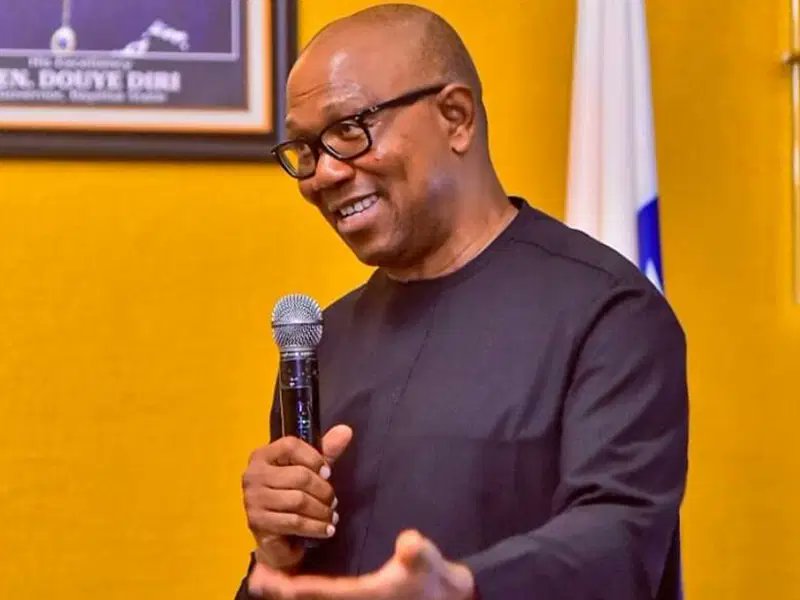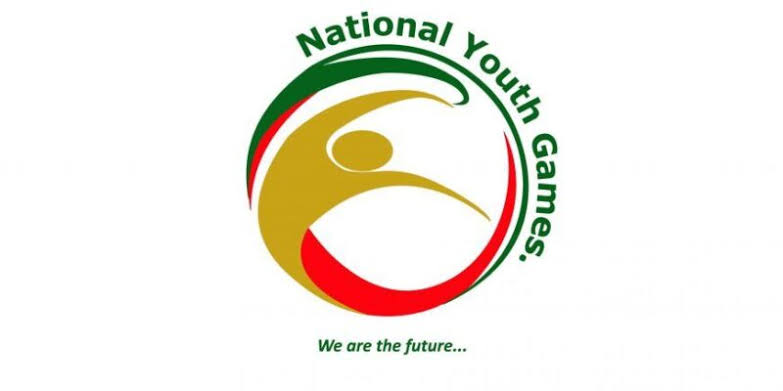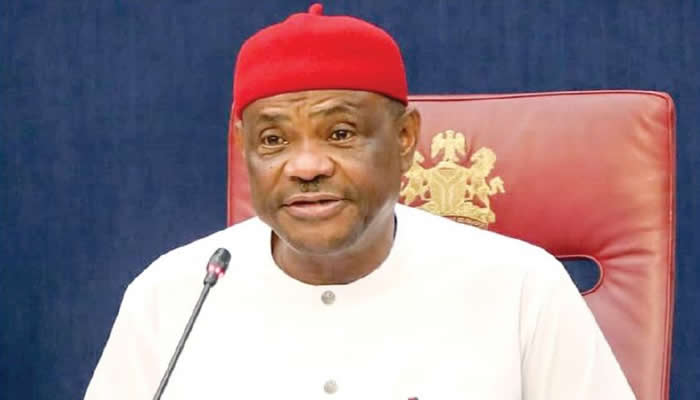
Labour Party Firestorm: Arabambi Moves to Expel Peter Obi in Shock NEC Meeting Plan

In a stunning twist that has sent shockwaves rippling across Nigeria’s political landscape, Labour Party (LP) chieftain Abayomi Arabambi has announced a move to convene a National Executive Council (NEC) meeting aimed at expelling the party’s 2023 presidential candidate, Mr. Peter Obi. The revelation, which has left political analysts and supporters reeling, threatens to plunge the already fractious Labour Party into deeper turmoil, raising questions about internal loyalty, ideological coherence, and the very future of one of Nigeria’s most popular opposition figures.
Arabambi, the factional National Publicity Secretary of the Labour Party and a fierce critic of the former Anambra State governor, made the announcement while addressing journalists on Monday. With a tone dripping with resolve and open dissatisfaction, Arabambi declared, “Peter Obi has no political value anymore. He is not bigger than the party. He is engaging in anti-party activities, and the party will not tolerate it. We are convening a NEC meeting, and part of the agenda is his expulsion.”
The statement, both shocking and deliberate, has lit a match under longstanding tensions within the Labour Party. Ever since Obi’s emergence as a powerful political force in the 2023 general elections, where he managed to secure a significant chunk of the national vote and galvanized a massive youth-driven movement known as the “Obidient” wave, the party has been a theater of internal battles. While Obi was largely seen by the public as the face of a rising new political order, insiders like Arabambi have often expressed displeasure over what they call his “dictatorial and non-consultative style.”
Arabambi accused Obi of deliberately distancing himself from party organs, flouting internal processes, and forming personal allegiances outside the LP structure. He cited Obi’s alleged refusal to recognize the party’s leadership under Lamidi Apapa, a factional chairman whose legitimacy has been hotly contested in court and on the streets. According to Arabambi, Obi’s insistence on working only with Julius Abure and his loyalists has created a poisonous environment that now demands urgent surgery.
“We gave him a platform, and he turned around to destroy it. He cannot continue to pretend he is with us while operating a parallel government within the party. That is insubordination. That is sabotage,” Arabambi said. “The Labour Party is not a one-man show, and it cannot be dictated to by someone who was never a founding member. We will not fold our hands and watch him ridicule the party.”
The news has ignited an uproar among Obi’s teeming supporters, many of whom took to social media within minutes of Arabambi’s declaration. On X (formerly Twitter), hashtags like #HandsOffObi, #WeStandWithPeterObi, and #LabourPartyCrisis trended nationwide, with users slamming the move as a betrayal of the people’s mandate and a clear indication of internal sabotage. Many commentators view the plot as not only unjust but politically suicidal, arguing that Obi remains the Labour Party’s strongest political asset and most recognizable figure.
For several observers, the move appears to be a desperate attempt by the Apapa-led faction to regain relevance, especially in the wake of mounting legal defeats and dwindling public sympathy. It also comes at a time when the party is attempting to rebuild and reposition itself ahead of the 2027 general elections, a process many hoped would be anchored by unity and healing.
A top aide to Peter Obi, who preferred not to be named, dismissed the expulsion threat as a “theatrical joke,” saying Arabambi and his group had long been suspended and had no constitutional authority to summon a valid NEC meeting. “This is a distraction. The courts have settled the leadership question. Julius Abure is the national chairman. Arabambi and his faction represent a desperate fringe hanging onto relevance by barking loudest,” the aide said.
Nevertheless, Arabambi appeared undeterred. He insisted that Obi’s support base, though loud, is not the party’s base. “Social media will not save him,” Arabambi quipped. “The NEC is composed of officials from across the country, and many are tired of Obi’s arrogance. We are gathering signatures. We are mobilizing our structures. This party must return to discipline.”
The timing of this bombshell has further raised eyebrows. Just weeks ago, Peter Obi was seen attending high-profile meetings with key national stakeholders, sparking speculation of a potential merger or alliance ahead of 2027. Some political watchers now believe the expulsion move could be a preemptive strike meant to scuttle Obi’s influence within the LP should he decide to remain and contest again under the party’s banner.
Also fueling the fire is the rumour that certain external forces — possibly aligned with rival political parties — are backing the move to neutralize Obi before he gains further traction in the buildup to the next election cycle. Though no concrete evidence has emerged, political alignments in Nigeria have historically involved shadowy maneuvers behind closed doors, especially when major candidates begin to pose existential threats to the establishment.
Meanwhile, Julius Abure’s faction of the Labour Party has yet to issue a formal statement in response to Arabambi’s remarks, but party insiders say emergency consultations are ongoing to counter any perceived threat. There is growing speculation that a counter-NEC meeting may be called by the Abure leadership, further deepening the party’s civil war and throwing it into a legal and political quagmire.
As the dust swirls, it remains to be seen whether Arabambi’s proposed NEC meeting will hold, or whether it will be legally recognized by the Independent National Electoral Commission (INEC). The political temperature within the LP continues to rise, and party faithfuls across Nigeria are bracing for what could become a decisive moment in the party’s future.
Peter Obi, who has thus far remained silent on the controversy, may soon have no choice but to speak. With his name and credibility under direct attack, and his political future possibly hanging in the balance, the coming days will test not just his resilience but also his capacity to navigate the murky waters of Nigerian party politics.
As Nigeria watches, one thing is certain: the Labour Party is standing at a dangerous crossroads. What was once a symbol of youthful hope and revolutionary change is now showing signs of fracture under the weight of ego, ideology, and internal ambition. Whether the party will emerge stronger or splinter into irrelevance may very well hinge on how this explosive conflict between Arabambi and Peter Obi plays out.


